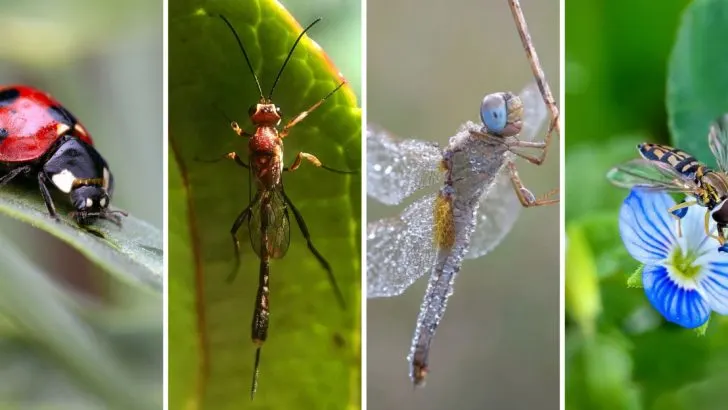When you think of bugs in your garden, your first instinct might be to reach for pest control. But not all bugs are bad news – in fact, some are essential allies in maintaining a healthy and thriving garden.
These helpful insects play vital roles, from pollinating plants to naturally keeping harmful pests in check.
Embracing these beneficial bugs can reduce your reliance on chemical pesticides and create a balanced, eco-friendly ecosystem in your garden. Curious about which critters to welcome? Here are 9 garden bugs you’ll be glad to have around, and why they’re worth protecting.
Ladybugs
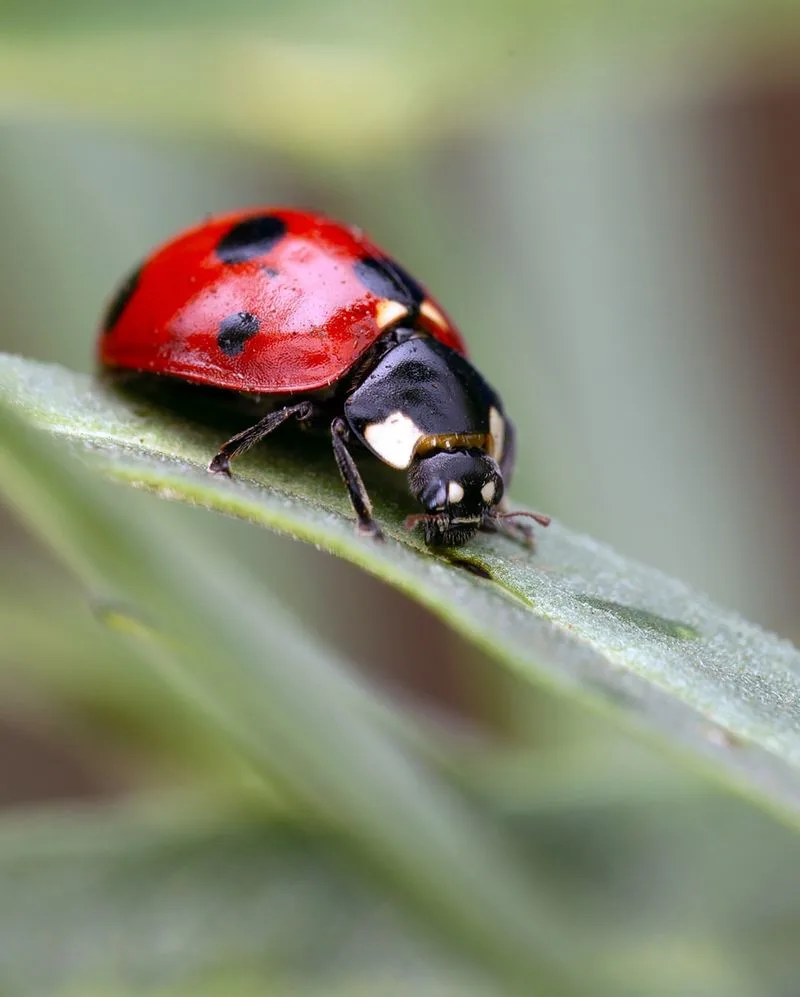
These small beetles are a gardener’s ally, often seen feasting on aphids. Ladybugs are effective natural pest controllers, reducing the need for chemical interventions. Their presence signals a healthy garden ecosystem, as they help keep plant-damaging insects in check. With their distinctively bright red and spotted shells, they add a splash of color to any garden scene.
Encourage them by planting pollen-rich flowers, which provide necessary nourishment. Ladybugs are most active during the warm months, making it the perfect time to appreciate their hard work. Their larvae are even more voracious, ensuring your plants stay aphid-free.
Ground Beetles
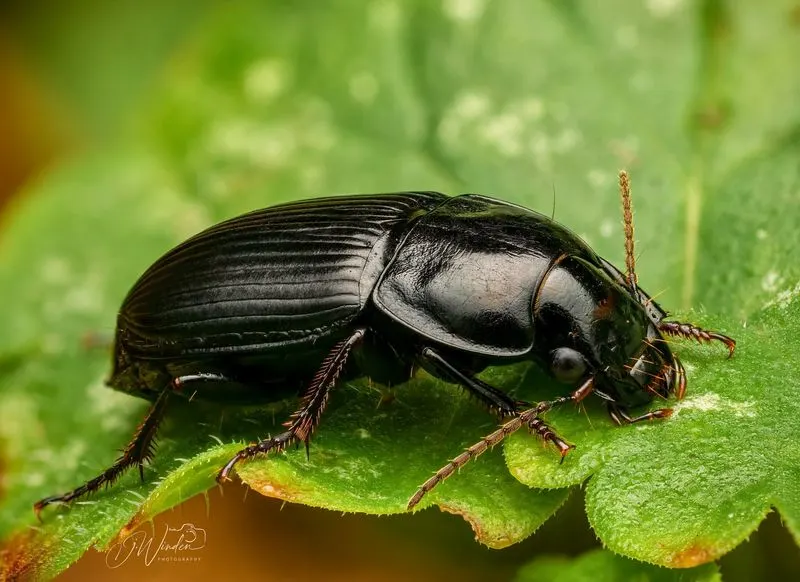
With a penchant for nocturnal hunting, these beetles are formidable predators of garden pests. Ground beetles target slugs, caterpillars, and other soft-bodied insects, offering natural pest control. Their sleek, dark appearance may be unassuming, but their appetite for pests is unrivaled.
To attract them, maintain a garden with diverse plant life and avoid disturbing the soil too much. They thrive in undisturbed areas, so mulching can help create a welcoming habitat. Ground beetles are silent workers, diligently patrolling your garden and ensuring a balanced insect population.
Parasitic Wasps
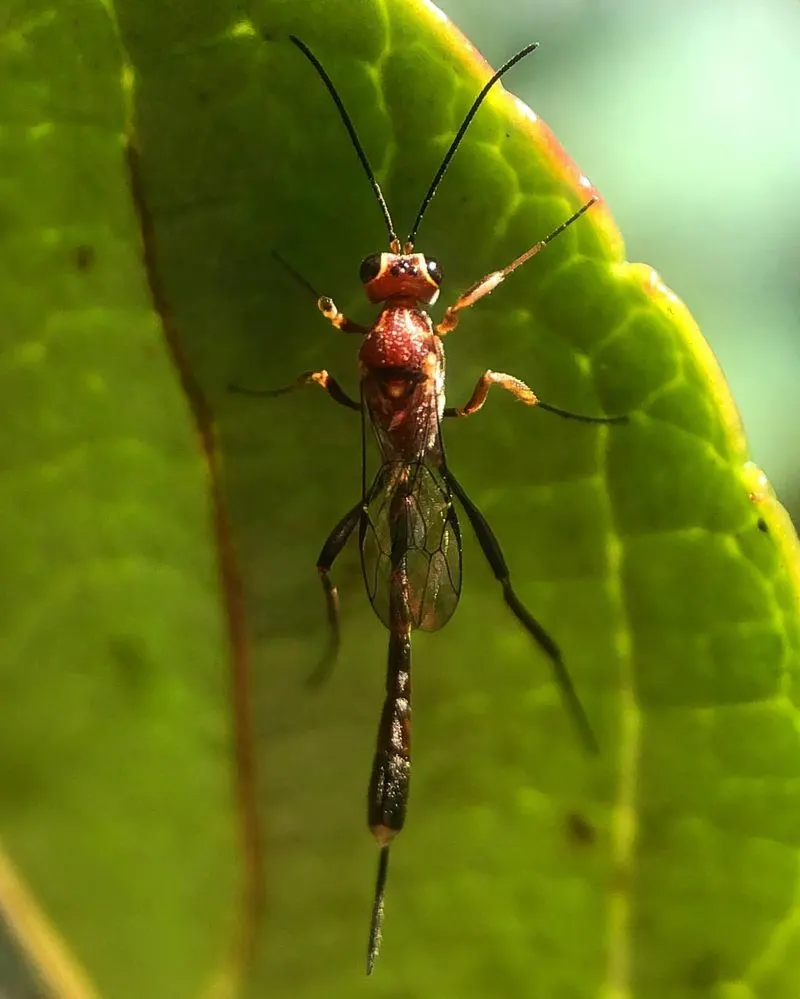
These wasps may be small, but their impact is significant. Parasitic wasps help control populations of caterpillars, beetles, and other pests by laying eggs inside them. This natural method of pest control reduces the dependency on harmful pesticides. They are harmless to humans and can be attracted by planting flowering herbs like dill and fennel.
Observing them at work, you’ll appreciate their role in maintaining ecological balance. Their presence encourages a healthy diversity of insect life, supporting your garden’s overall health. Beneficial and unobtrusive, they work tirelessly to keep plant-eating pests in check.
Hoverflies
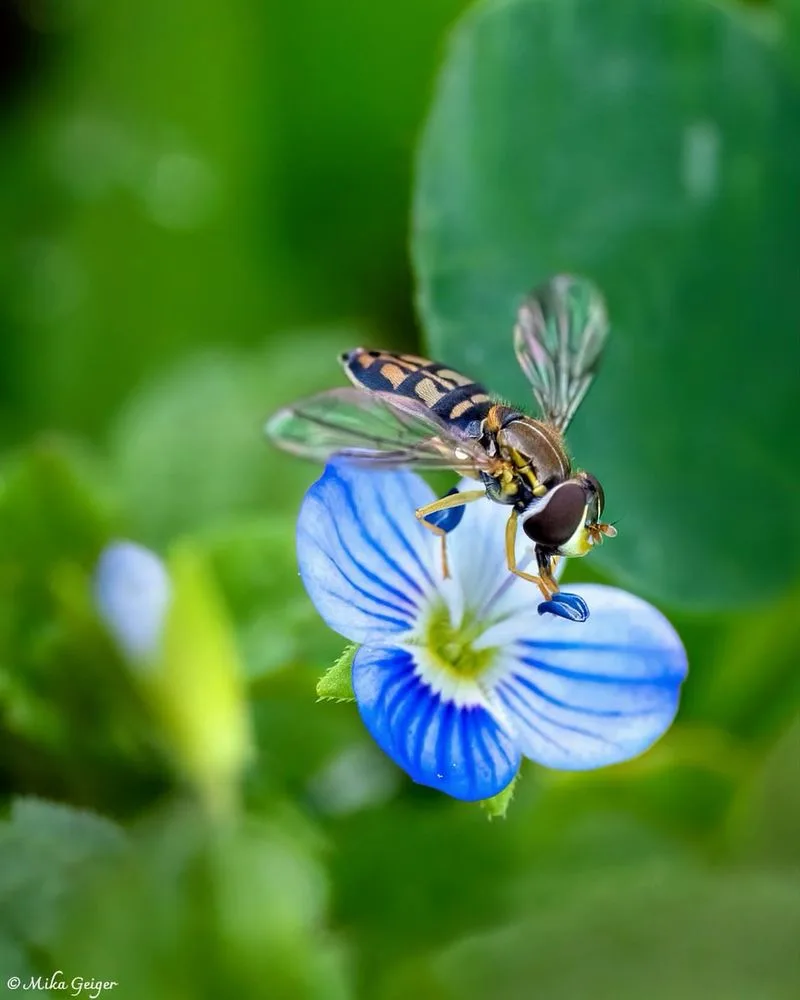
Often mistaken for bees, hoverflies are excellent pollinators and pest controllers. Their larvae consume aphids, thrips, and other small insects, making them invaluable allies. Encouraging hoverflies involves planting a variety of flowers and avoiding pesticide use. Besides pest control, they excel in pollinating, enhancing fruit and vegetable yields.
Their ability to mimic bees helps deter predators, ensuring they thrive in garden settings. Observing a hoverfly flit from flower to flower is a delight, showcasing nature’s efficiency and adaptability. They are a testament to how complex and interconnected garden ecosystems truly are.
Spiders
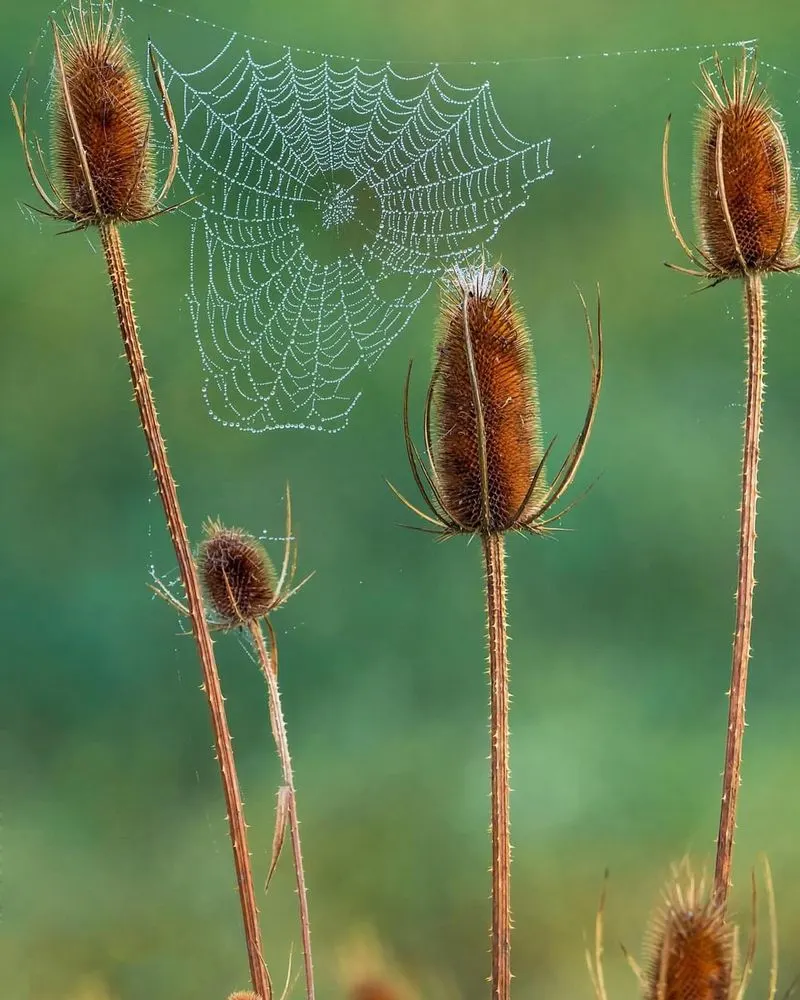
As nature’s web spinners, spiders play an understated role in pest control. Their silk creations trap various insects, including mosquitoes, flies, and aphids. While some may find them unsettling, their contribution to a balanced garden cannot be overstated.
Spiders adapt well to different environments, making them common in many gardens. Encouraging them involves minimizing pesticide use and providing natural spaces for them to spin their webs. Their presence indicates a thriving ecosystem, where natural pest control is in action. Spiders may wander around the garden, yet their benefits far outweigh any initial apprehensions.
Tachinid Flies
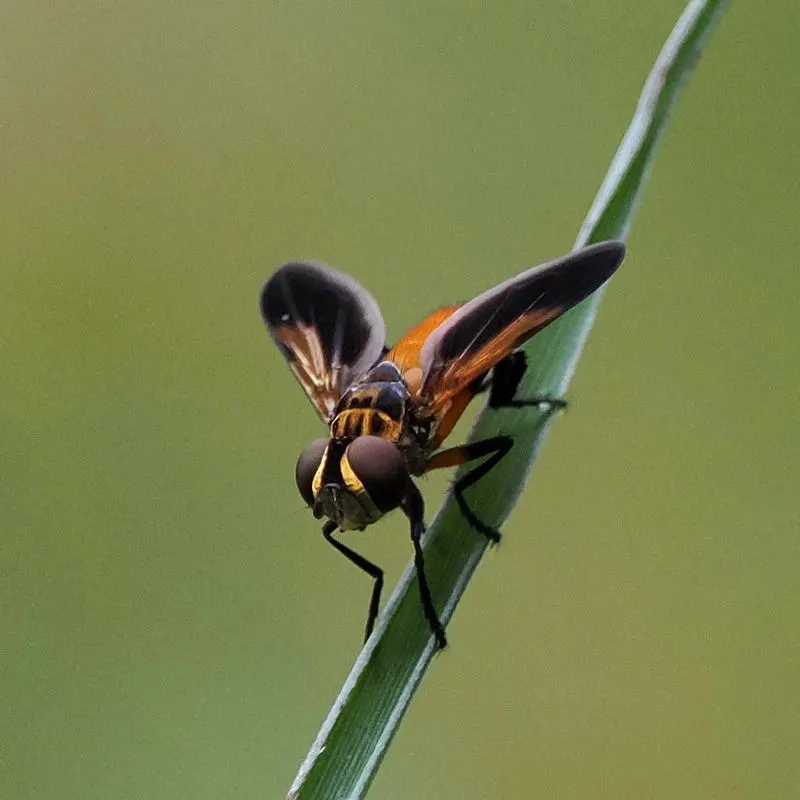
Though not the prettiest, tachinid flies are champions of pest control. They parasitize caterpillars, beetles, and other insects, reducing garden pest populations. Their larvae feed on host insects, naturally curbing pest numbers. Attract them by planting diverse flowers and maintaining a pesticide-free environment. Despite their plain appearance, their role in the garden is vital.
They seamlessly integrate into the garden ecosystem, helping maintain balance. Tachinid flies prove that even the less glamorous bugs have important roles to play. Their diligent work behind the scenes contributes significantly to the health of your garden.
Dragonflies
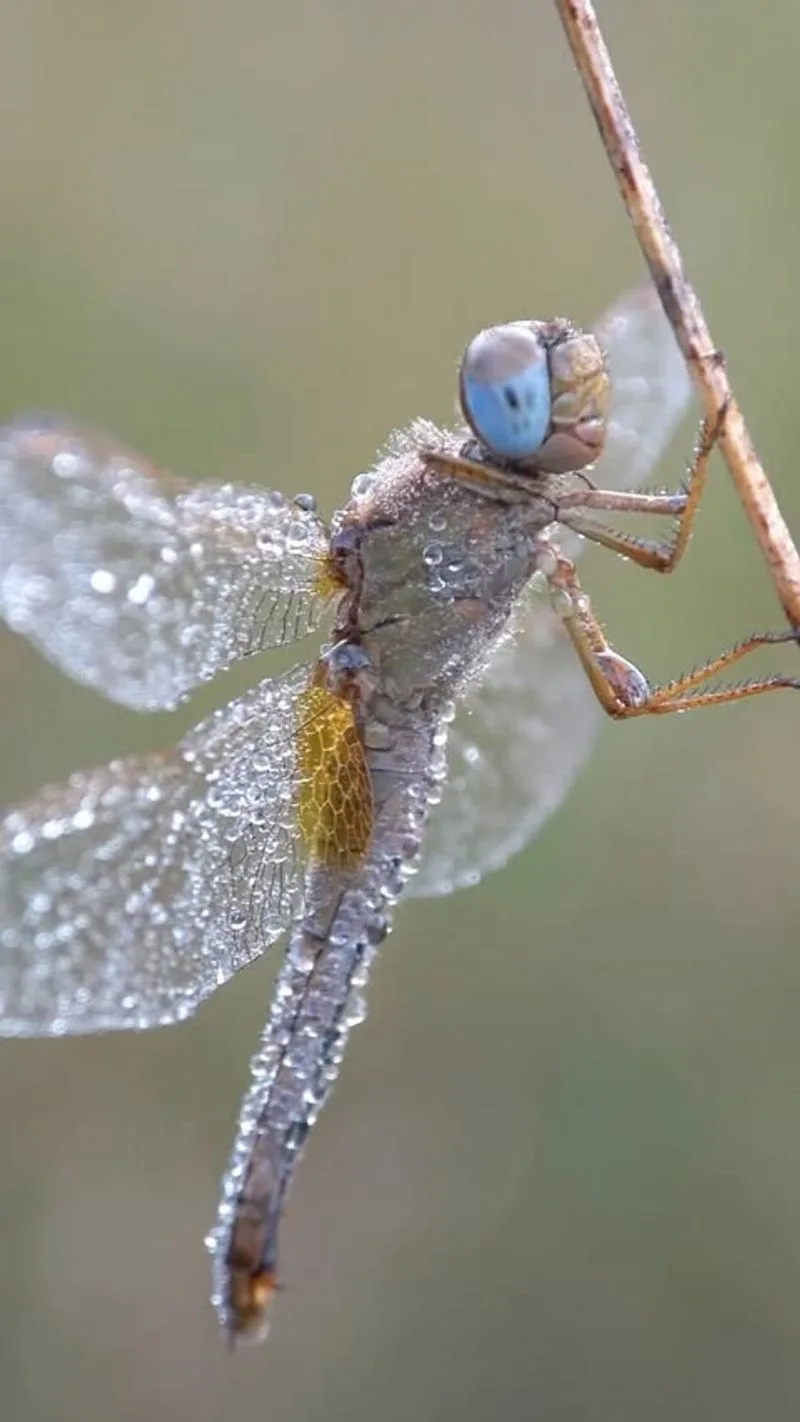
Graceful and agile, dragonflies are remarkable hunters, preying on mosquitoes and other small insects. Their presence near water features is common, as they thrive in moist environments. Encouraging dragonflies involves creating water habitats and planting moisture-loving plants.
Their aerial acrobatics are a joy to watch, providing both entertainment and pest control. Besides their beauty, dragonflies contribute to reducing the mosquito population, making outdoor spaces more enjoyable. Their life cycle, spent mostly in water, helps control aquatic pests too. These striking insects are essential allies in maintaining a balanced and delightful garden.
Butterflies
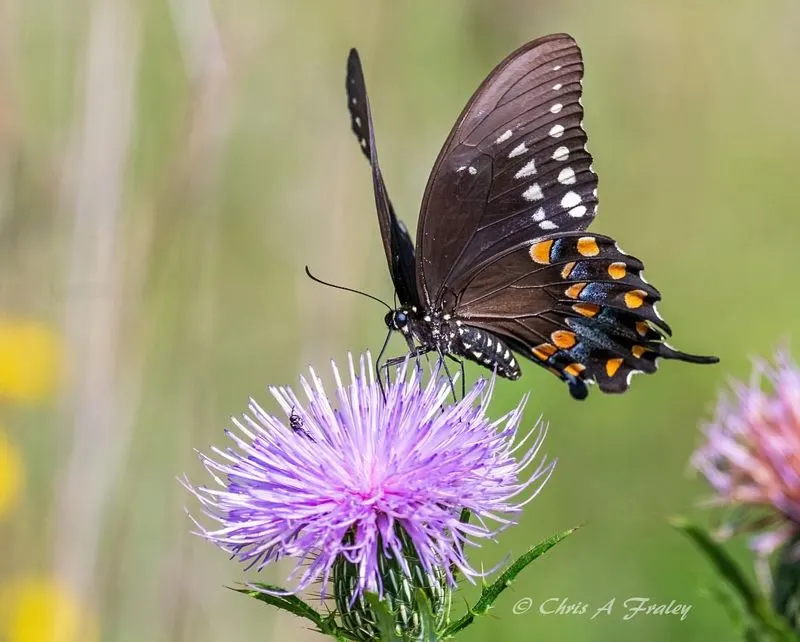
Beyond their beauty, butterflies play a crucial role as pollinators, assisting in the reproduction of flowering plants. Their preference for nectar-rich flowers makes them vital for a thriving garden. Creating butterfly-friendly environments involves planting a mix of native flowers and providing sunny spots.
Their presence enhances the diversity and vibrancy of the garden, supporting the broader ecosystem. Observing them flutter from flower to flower is a rewarding experience, adding a dynamic visual element. Butterflies connect different parts of the garden, ensuring plant species continue to flourish through effective pollination.
Bees
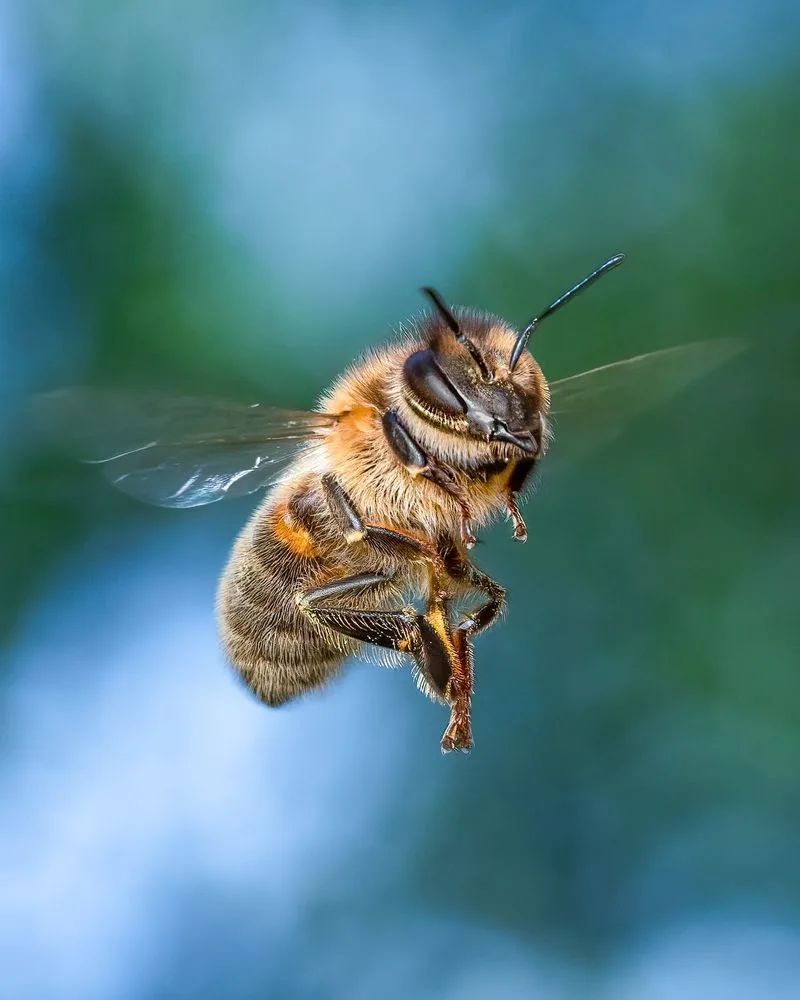
Undoubtedly vital, bees are unparalleled pollinators, supporting the growth of fruits, vegetables, and flowers. Their efficiency in pollination promotes healthy plant reproduction and biodiversity. To support bees, cultivate a variety of flowering plants and avoid pesticides.
Bees contribute significantly to garden productivity, ensuring a bountiful harvest. Watching a bee at work is a reminder of the intricate relationships within the garden. They symbolize the essential bond between plants and pollinators, fostering a thriving garden environment. Creating a bee-friendly garden enhances both ecological health and visual appeal, making them cherished garden guests.

